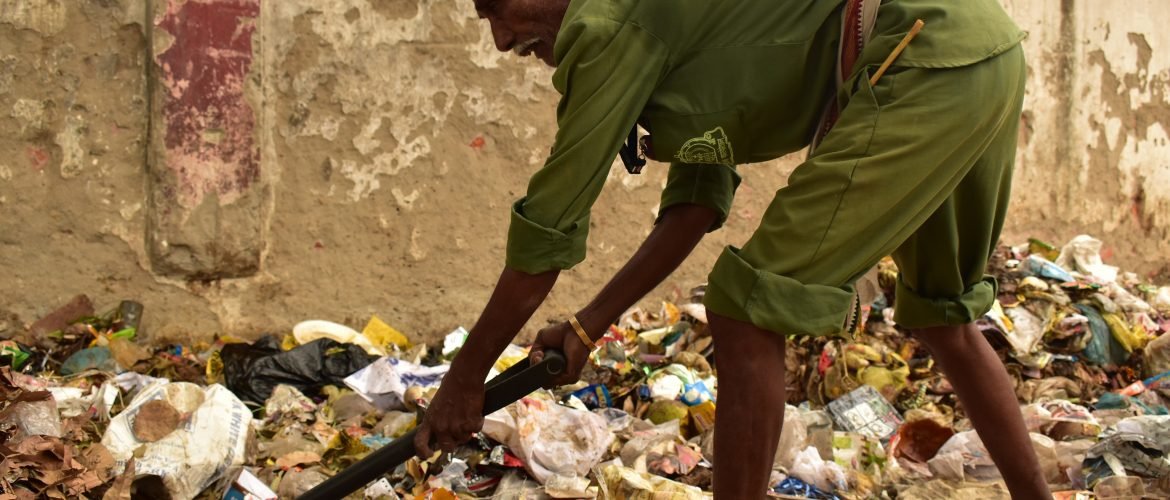Shortly before 6pm on Wednesday 12 July 2017, Ricardo Nascimento, a homeless man in Brazil who made a living by collecting and recycling waste got into a heated discussion with two military police officers outside a pizzeria. Nascimento was holding a piece of wood and when he refused to drop it, the officers shot him twice in the chest. The 39-year-old died instantly.
Seven days later, a celebratory mass was held in Nascimento’s name at one of the biggest church in Sao Paulo, Brazil. It was the first time that a mass of that proportion had ever been held in the name of a homeless black waste collector.
Brazil is all set to build a monument with the help of an NGO called Minha Sampa. This monument will be a homage to the invisible heroes who work so hard for the city and have never had their work recognized. It was after this incident that majority of the world started looking into the waste picker community’s problems.
In many countries, government and business have been struggling to implement sustainable practices conducive to the large-scale recycling of plastics. While waste pickers around the world continue to work in precarious situations, a significant body of literature has unveiled the benefits of the informal sector in closing the waste management cycle, despite being considered a marginalized group and using simple techniques and equipment.
To all the clean streets and less waste ending up in the landfills, majority of the credits go to the waste pickers and recyclers. Most of us have identified their importance and many NGO’s/corporations are working toward their welfare because a world without them is far beyond imagination.



